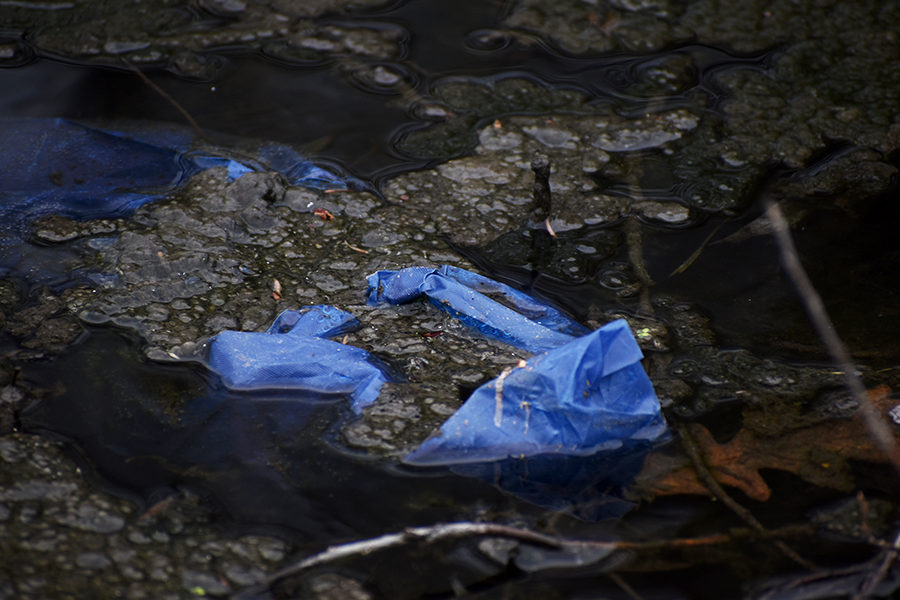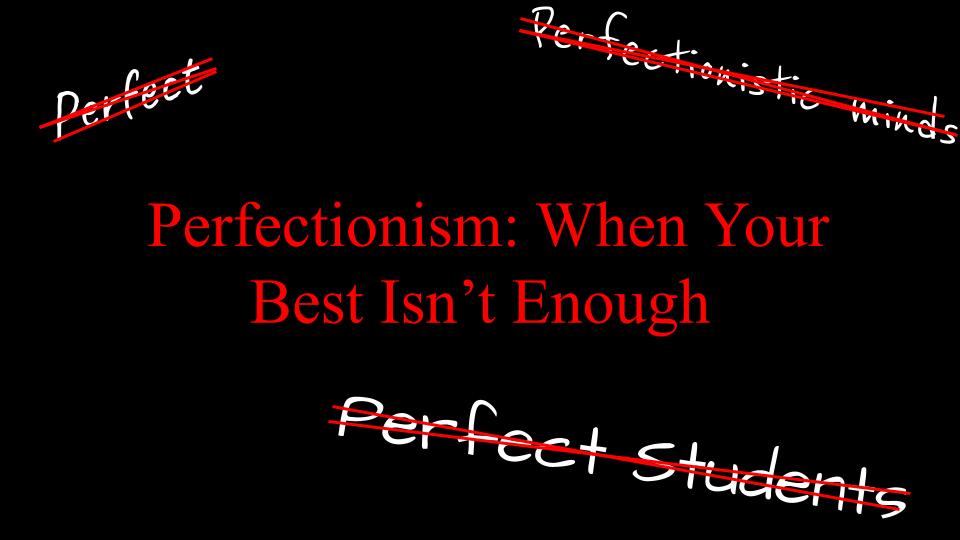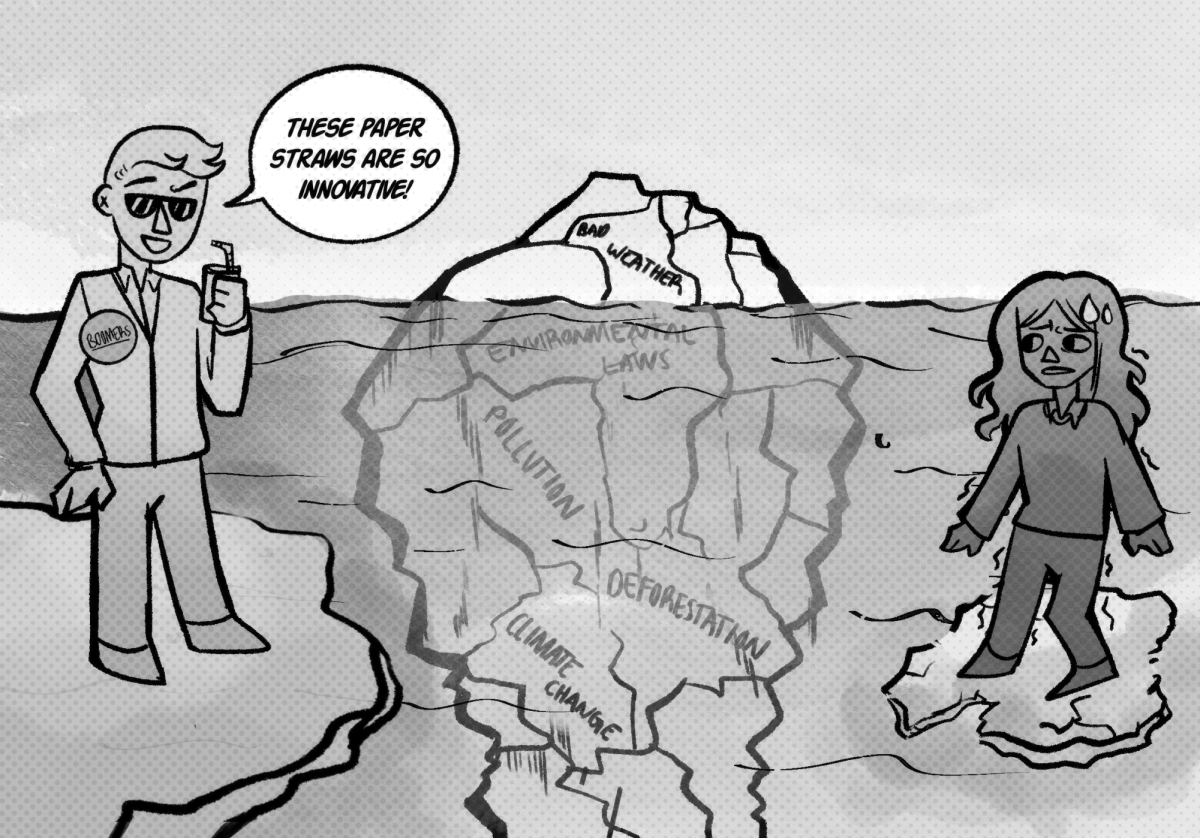Pollution is bad. That’s not a hot-take or an outlandish remark- that’s just a fact that we all agree on. It’s one of those rare issues in our modern political climate that is genuinely accepted by every party and can thus be a point of non-partisan cooperation towards global improvement.
Pollution is also a rare example of something the government deserves genuine praise for. The passage of the Clean Air Act empowered the federal government to begin regulating air pollution across the United States. Since 1970, emission of six criteria air pollutants has drastically fallen by 78 percent, making our air today cleaner than at any point in the last half century.
With careful regulation, dedicated bureaucrats and long-term planning, local, state and federal governments have proven themselves to be extremely capable in cleaning up our environments. This article is thus not to say the government does nothing; instead, it’s to argue that because our government has achieved such historic success, we should expect more.
Local governments:
Local governments have the greatest potential for reducing our pollution and increasing recycling because they are able to provide programs with greater precision for their respective communities. Communities that need an example of what to implement can look towards San Francisco, which has diverted 80 percent of its waste from ending up in landfills and is a national leader in garbage management and reduction.
One basic regulation enacted by San Francisco is requiring that every city-sponsored activity must have its waste composted or recycled when appropriate. Likewise, private citizens and companies must sort their garbage, recycling and compost so the city can recycle and compost waste efficiently. This compost goes back into the community to be used in orchards, vineyards and farm land, which decreases the overuse of fertilizers.
These actions reduce the amount of waste ending up in landfills, which ensures space is saved for environments, protects the biodiversity of the area and decreases the methane emissions from landfills, which account for 20 percent of all methane emissions worldwide.
Another law enacted banned single use plastics and eliminated toxic fluorinated chemicals from food. In slapping on fees for violating this law, San Francisco has decreased the amount of disposal bags used by 70 percent. Additionally, the law sought to ban fluorinated chemicals, or what have been dubbed “forever chemicals,” which are linked to cancers and demonstrates how reducing pollution can expand the quality and duration of life.
For rural communities, the practice of incinerating trash in backyard burn barrels must also be limited. Unlike urban or suburban housing, where garbage trucks are readily able to collect garbage, many rural dwellers must burn their garbage. This means that rural communities in particular need to invest in reducing their total garbage, increase their composting and focus on reusing or recycling products.
This is because burn barrels release high levels of carbon monoxide, particulate matter and sulfur dioxide, which are all highly regulated by the EPA as common, yet very destructive, pollutants. Additionally, these fires create carcinogens like benzene and formaldehyde or release metals like lead into our atmosphere. In short, if you wouldn’t eat this garbage, you wouldn’t want to inhale it either.
State & Federal Governments:
The biggest thing we have to address is what actually happens to our recycled products. While many might think the process ends when it is hauled away from their home, it really gets more messy. In fact, what ends up in the recycling bin may have been better put in the landfill.
Historically, China had taken a lot of our recycled products and processed them, but because our recycling was poorly sorted, dirty and ending up scattered across their ecosystems, they put strict limits on what they accepted, plummeting how much we sent to China. Now most of it ends up in countries like Senegal, Malaysia and the Philippines- who mismanage their own waste already.
Instead of shipping our recycling overseas then, let’s expand our capacity to recycle and compost our own products in the United States. In dramatically ramping up our own capabilities, states could unleash a flurry of jobs with the construction, installation, manufacturing and the long-term maintenance of these buildings.
In Illinois today, 40,000 people already work in the recycling industry: generating $30.3 billion for the state. In expanding this sector of the economy, we would reduce our pollution of countries and bring home jobs and money for Americans. Long-term, these investments could lead to our state being paid to process other’s garbage, which would generate even more money and jobs.
In addition, tax incentives could be given for companies and individuals who strive to reduce pollution and create greener communities. The federal government already opted to give tax breaks to citizens who drove an electric vehicle, so expanding this program for corporations who invested in projects like green roofs would be logical.
And we shouldn’t have lead in our water. If we learned one thing from human history, it should have been not to build our pipes with lead.
Compared to most policy ideas, these ideas are simple and broadly popular. Tackling pollution is one of the few issues we can all get behind and it will improve our economy, ecosystems and communities. It doesn’t take a ton of courage to propose ways to clean up our world- it just takes an ounce of caring, which a lot of our leaders seem to lack.























